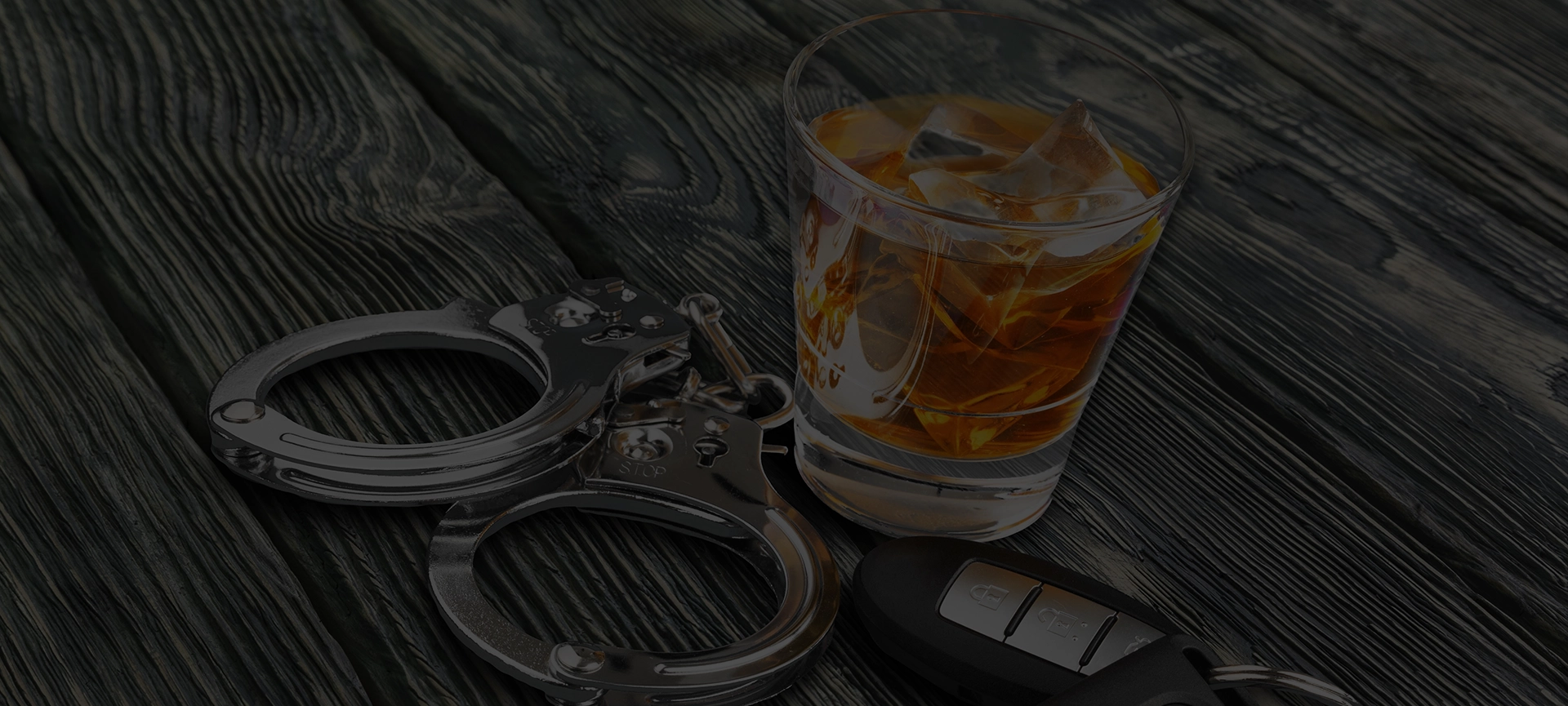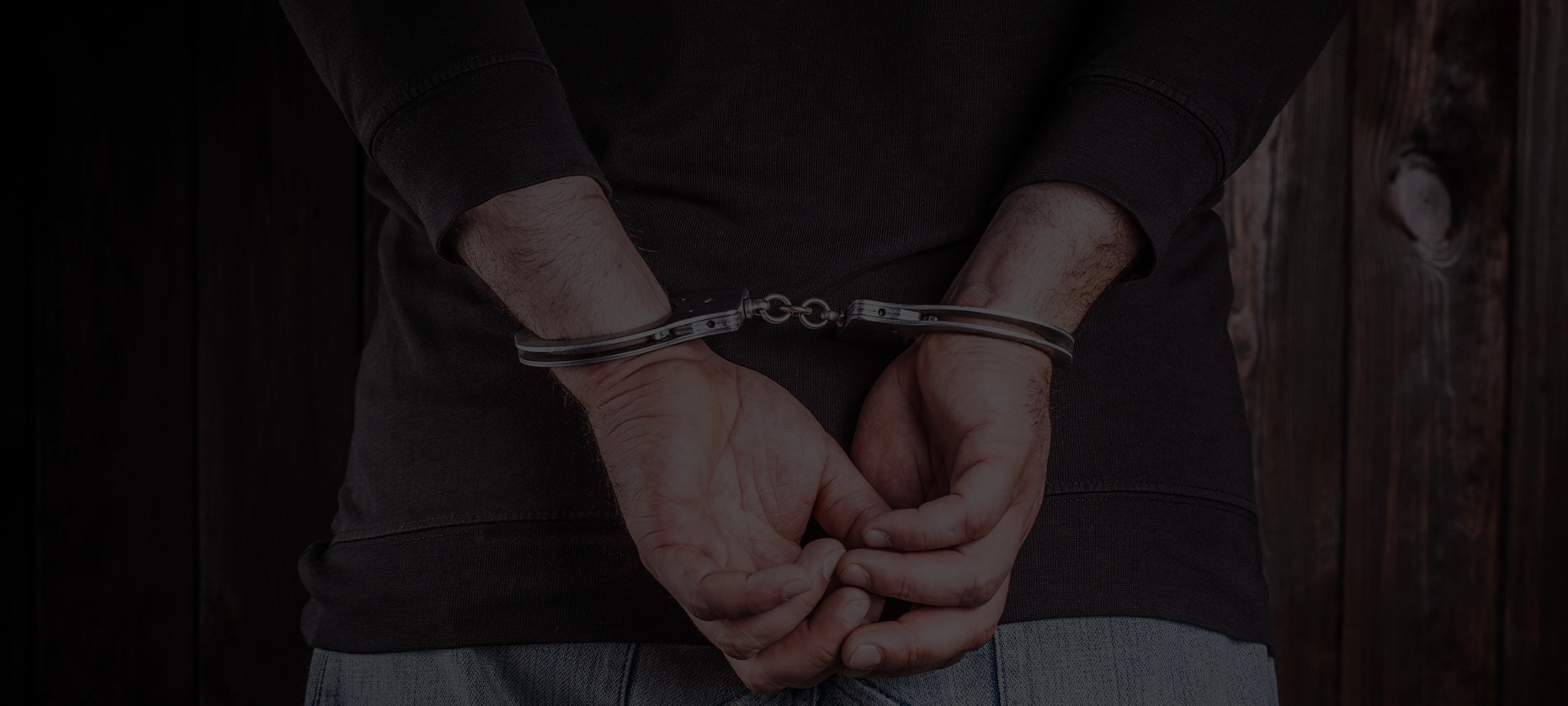Under Canadian law, DUI and impaired driving are hybrid offences, which means they can have serious consequences. These vary depending on the circumstances, so knowing what could happen can make a difference in case you get into a situation like this.
Here we’ll reveal what happens if you incur impaired driving charges and whether these will be entered into your criminal record. All you need to do is read on to find out more.
Will a DUI or Impaired Driving Charge Go on Your Criminal Record?
If convicted, an impaired driving or DUI charge will go on your criminal record in Canada. Moreover, in some cases, it might stay on your record for the rest of your life.
This is because driving under the influence of alcohol, drugs, and other illegal substances is a hybrid offence, which means it’s more serious than a summary offence, which doesn’t always come with criminal charges. While it’s less heinous than an indictable offence, a hybrid offence still has devastating consequences.
The rules regarding how long the will charges stay on your record vary from one province and territory to another. Some will allow you to pay a fine, then obtain a pardon after 3-5 years. In others, the charges stay on the record for up to 80 years. A criminal lawyer Ottawa will be able to give you bespoke advice about the exact charge you’re facing.
While not every impaired driving or DUI charge results in a criminal conviction, the charges can still remain on your record. Even if the charges are dropped or you earn the acquittal, the Canadian police will be able to see your prior charges and arrest. These will be accessible to law enforcement even if you ultimately receive a pardon.
What Happens After You Receive the Charges?
Based on the Canadian Criminal Code, anyone operating a vehicle while their ability to do so is impaired by alcohol, drugs, or a combination of both is committing an impaired driving offence and could well face a criminal trial.
Likewise, if their blood alcohol or drug concentration exceeds the maximum allowed limits two hours after driving the vehicle, they’ll still be charged with impaired driving. For alcohol impairment, this is 80 milligrams or more (mg) of alcohol in 100 millilitres (ml) of blood). For most drugs, any detectable amounts are chargeable (except for THC, where the limit is between 2 and 5 ng per ml of blood).
Beyond the amount of alcohol and drugs in your blood at the time of the arrest, other circumstances will be considered as well. For example, if you were only slightly over the limit and haven’t engaged in dangerous behaviour while driving, your charges might be lesser, and the sentence more lenient.
In this case, you might get the charges off the record sooner as well. By contrast, if you were seriously impaired and engaging in a behaviour that endangered others on the road (or hurt them by causing an accident), your case might become an indictable offence, in which case you can face up to 10 years to life (if the accident results in death) in prison.
There is no mandatory minimum sentence for the first DUI or impaired driving offences, but there is a minimum of 30 and 120 days of imprisonment for the second and third ones, respectively. You can apply for a pardon only after serving this and completing the court-imposed steps afterward.
If you’re facing criminal charges, it’s important to hire an Ottawa DUI lawyer. An impaired driving lawyer Ottawa will be able to guide you through your charges and help to get the charges dropped, if possible.

Can The Charges Be Removed from Your Criminal Record?
You can get the charges removed from your criminal record by obtaining a DUI Pardon or Record Suspension from the Canadian Parole Board. You can become eligible for parole after completing the sentence you receive after your criminal conviction. These might include complying with probation terms and serving a driving suspension for a required amount of time.
Because impaired driving charges are entered into a person’s criminal record and appear in the national Canadian Police Information Centre (CPIC) and local police databases, any police check will reveal prior DUI or impaired driving arrests, even when these did not result in convictions.
Once you receive your pardon, your offence will be removed from criminal record databases. The time you will have to wait between obtaining the pardon and having an officially clean record varies between the provinces.
Criminal Charges and Insurance Records
Regardless of how long the charges remain on your record, a DUI or impaired driving conviction will reflect on your insurance record for six years. Even if the charges are erased after three years, insurance companies will likely consider you a high-risk driver until the end of the six year term, when the charges can be cleared from your insurance records.
Your insurance rates will be higher because anytime an insurance company looks at your record, they’ll see the prior charge. This is regardless of how minor your sentence was or even if you were acquitted.

Final Thoughts
Impaired driving will most certainly result in a criminal record in Canada. As a result, you might suffer other consequences, including loss of employment, inability to get a new job, travel outside the country, and even jail time.
However, in some circumstances, you can obtain a Record Suspension and DUI Pardon, which will help you get the charges off your criminal record. If you’re facing a DUI charge and need a DUI lawyer Ottawa, then contact AGP LLP today to see how we can help.





